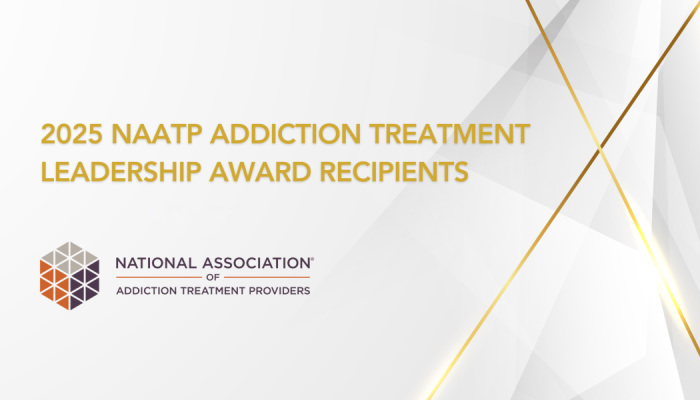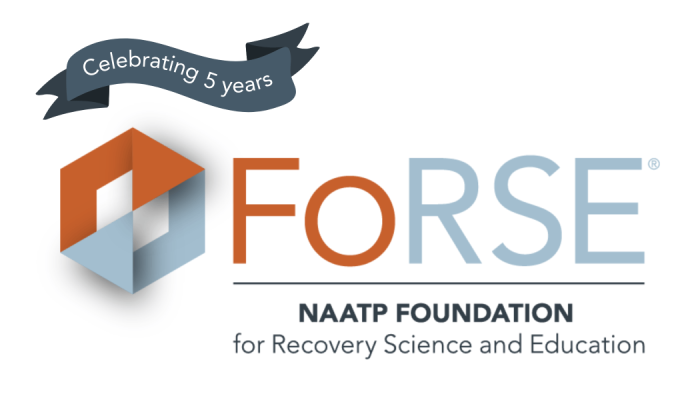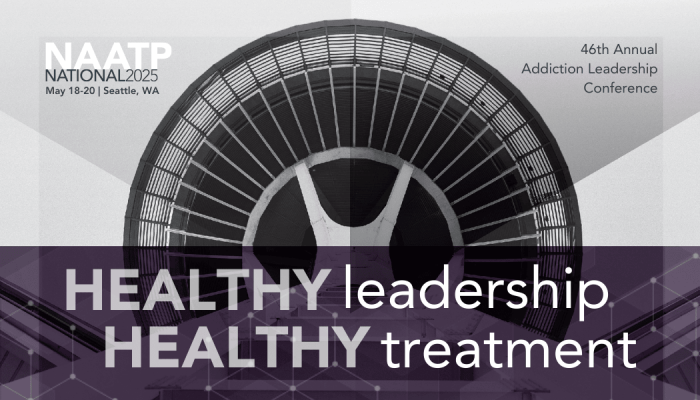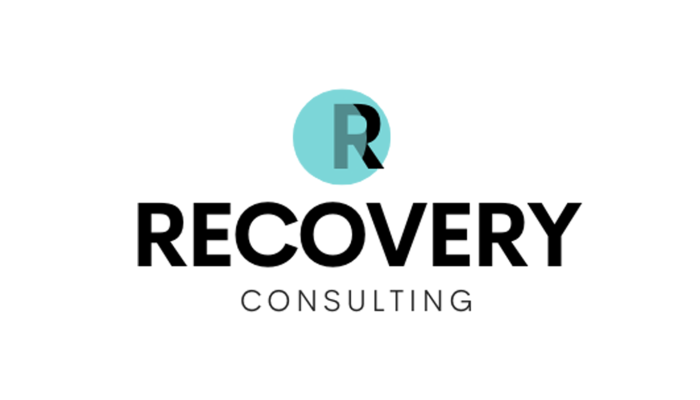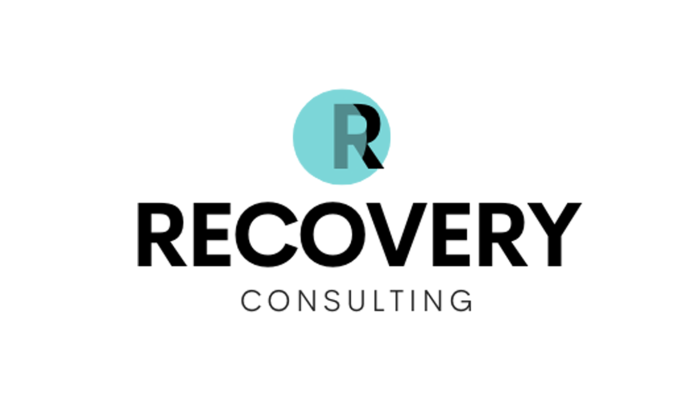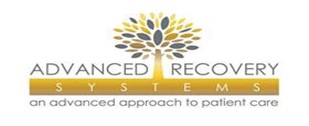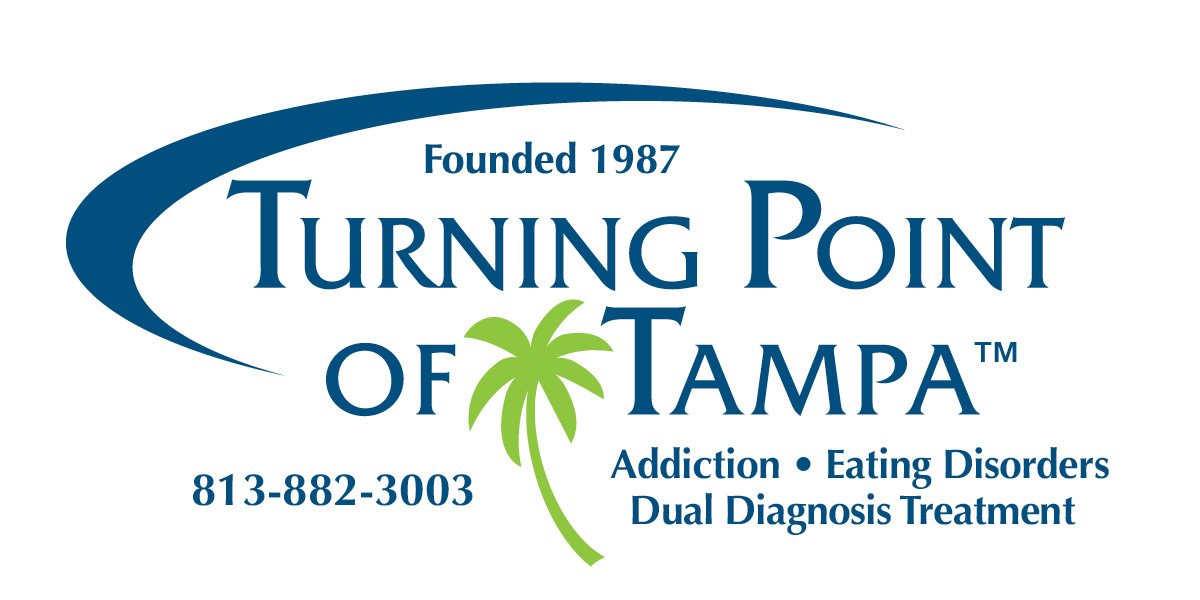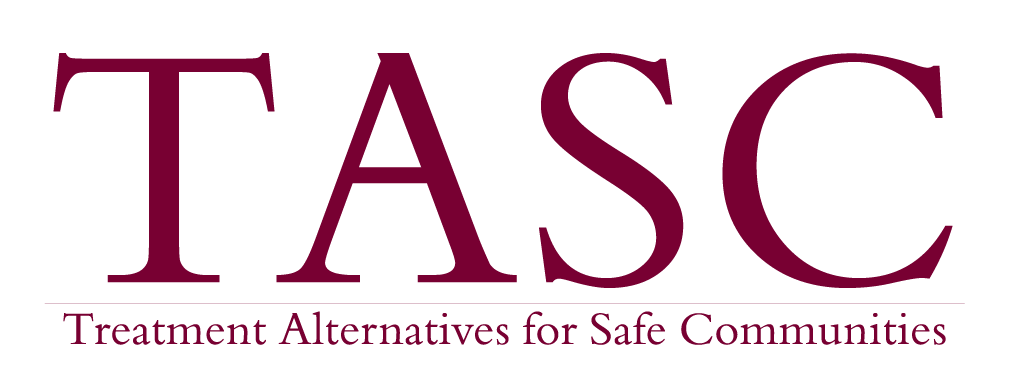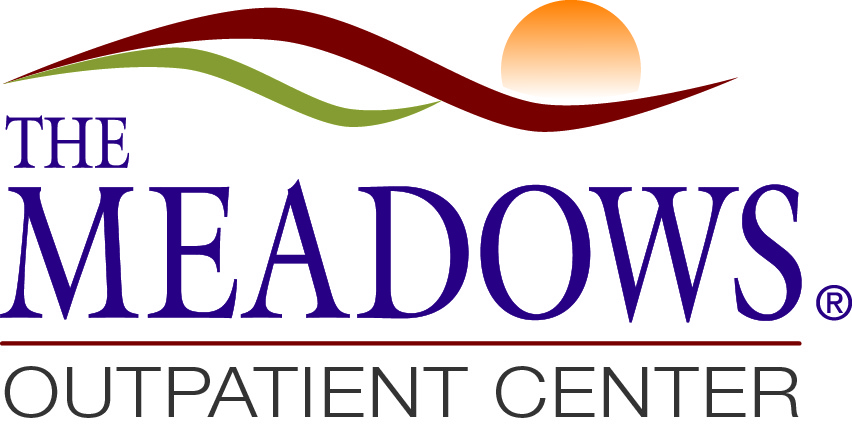DEIB Assessments
NAATP’s DEIB Best Practices in Addiction Treatment Model and Assessment Tool
The NAATP Stages of Change Model for DEIB Best Practices in Addiction Treatment Tool was created in consultation with our DEIB Advisory Council to help providers – both those just starting this work and those who are well on their way – to identify areas for growth, develop specific action steps, and gauge their progress. Just as treatment providers apply the Stages of Change Model in their work with patients, this model can help leaders chart a path to best practices. NAATP has developed a webinar as well as a blog to introduce this Tool and discuss its goals and utilization. NAATP is also providing a survey portal for individual leaders to submit their ratings on the tool confidentially.
All-Staff DEIB Stages of Change Assessment Tool
NAATP has developed an All-Staff version of the DEIB Stage of Change Assessment, which can be used with any and all employees at an addiction or behavioral health organization to measure perspectives on equity and inclusion issues. The brief, 19-item survey, is publicly available and free to use in any organization that finds it useful in their work toward DEIB best practices. The survey can be completed online through NAATP’s All-Staff DEIB Survey Portal.
DEIB Research
Journal of Substance Abuse Treatment
- "Can we get a Black rehabilitation center?" Factors impacting the treatment experiences of Black people who use opioids
- Summary of article in University of Kentucky Research News
Recovery Research Institute
- Racial & Ethnic Disparities in Outpatient Treatment Completion: The Role of Primary Substance
- Discrimination, Immigration, Treatment Expectations, Non-Abstinent Recovery, and Family Stigma: Current Barriers to Treatment Seeking Among Latinos
- Black Communities Hit Hardest by Lack of Public Addiction Treatment Facilities
- Buprenorphine Treatment Dissemination Disparities Persist
- Discrimination against transgender people associated with higher rates of substance use and treatment
- Toward improving opioid use disorder treatment for American Indian/Alaska Native individuals
- Tracking the opioid overdose crisis. Have Black and White communities in America been affected the same?
Journal of Ethnicity in Substance Abuse
Communications & Publications
American Psychiatric Association (APA)
- APA's Apology to Black, Indigenous and People of Color for Its Support of Structural Racism in Psychiatry (January 2021)
American Psychological Association (APA)
- Apology for the Role of the American Psychological Association in Promoting, Perpetuating, and Failing to Challenge Racism, Discrimination, and Human Hierarchy in the United States
- APA Guidelines on Race and Ethnicity in Psychology
- APA Resolution on Harnessing Psychology to Combat Racism
- Equity, Diversity, and Inclusion Framework
- Inclusive Language Guidelines
American Society of Addiction Medicine (ASAM)
Faces & Voices of Recovery
Kirwan Institute for the Study of Race and Ethnicity (Ohio State University)
NAATP
- A Message from NAATP CEO on Social Injustice
- The Chauvin Verdict and the Need for Equity in Addiction Treatment
- NAATP Expands Affiliate Membership to Include DEI Consultants and Trainers
National Council for Mental Wellbeing
The Social Justice Leadership Academy Learning Series is a free, 12-month series with monthly learning events. Topics will include structural and systemic inequities in mental wellbeing, structural and systemic biases, criminal justice reform, applying change management principles to advancing social justice within organizations and more.
The National Council is in the process of building a Toolkit to raise awareness and understanding in topic areas such as health equity, health disparities and social determinants, cultural literacy, racial equity, and social justice.
TREATMENTmagazine
- The Racial Divide in Addiction Treatment (includes comments from NAATP and NAADAC)
- Social Determinants and Treatment Outcomes (Q&A with FoRSE Board member, Dr. Corrie Vilsaint)
- Recovery: Reimagined with Christina Simos (NAATP & TREATMENTmagazine collaboration)




